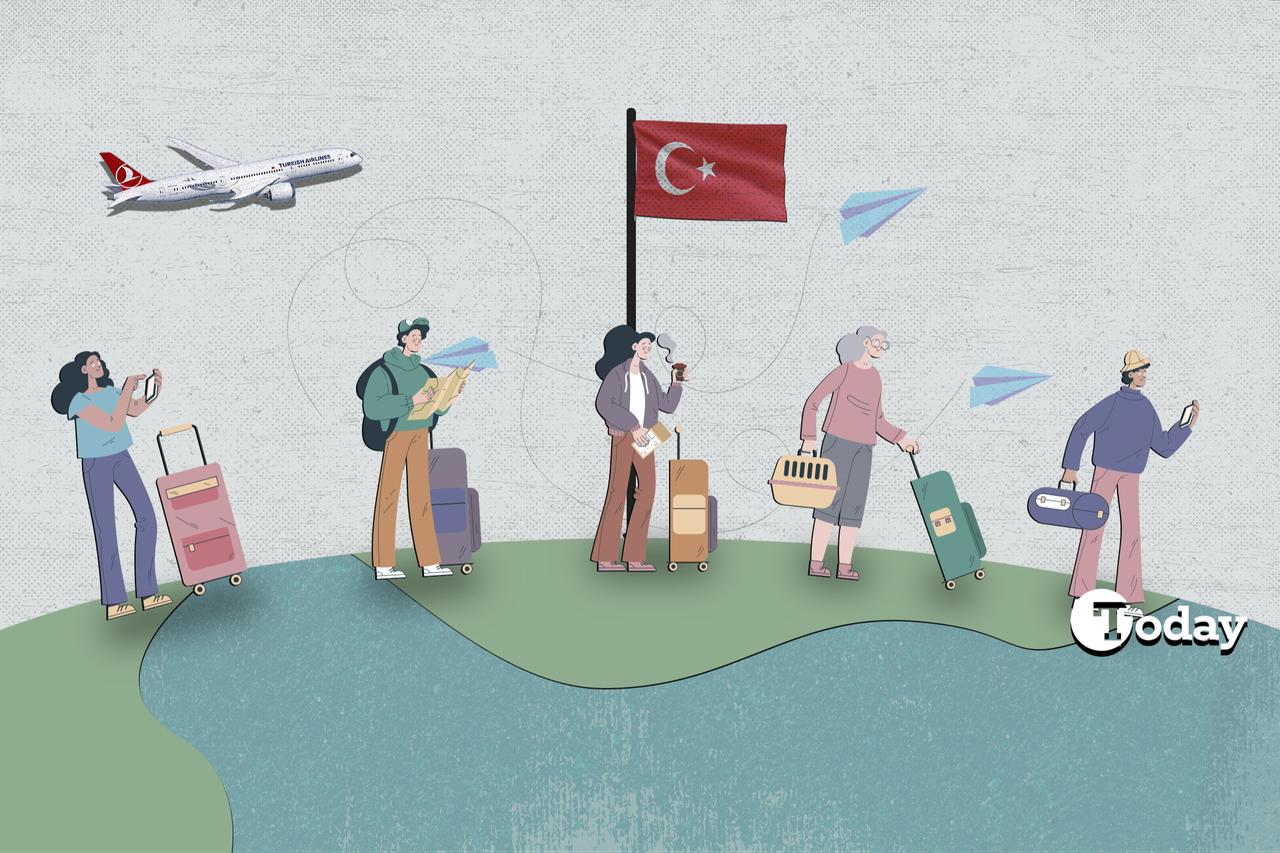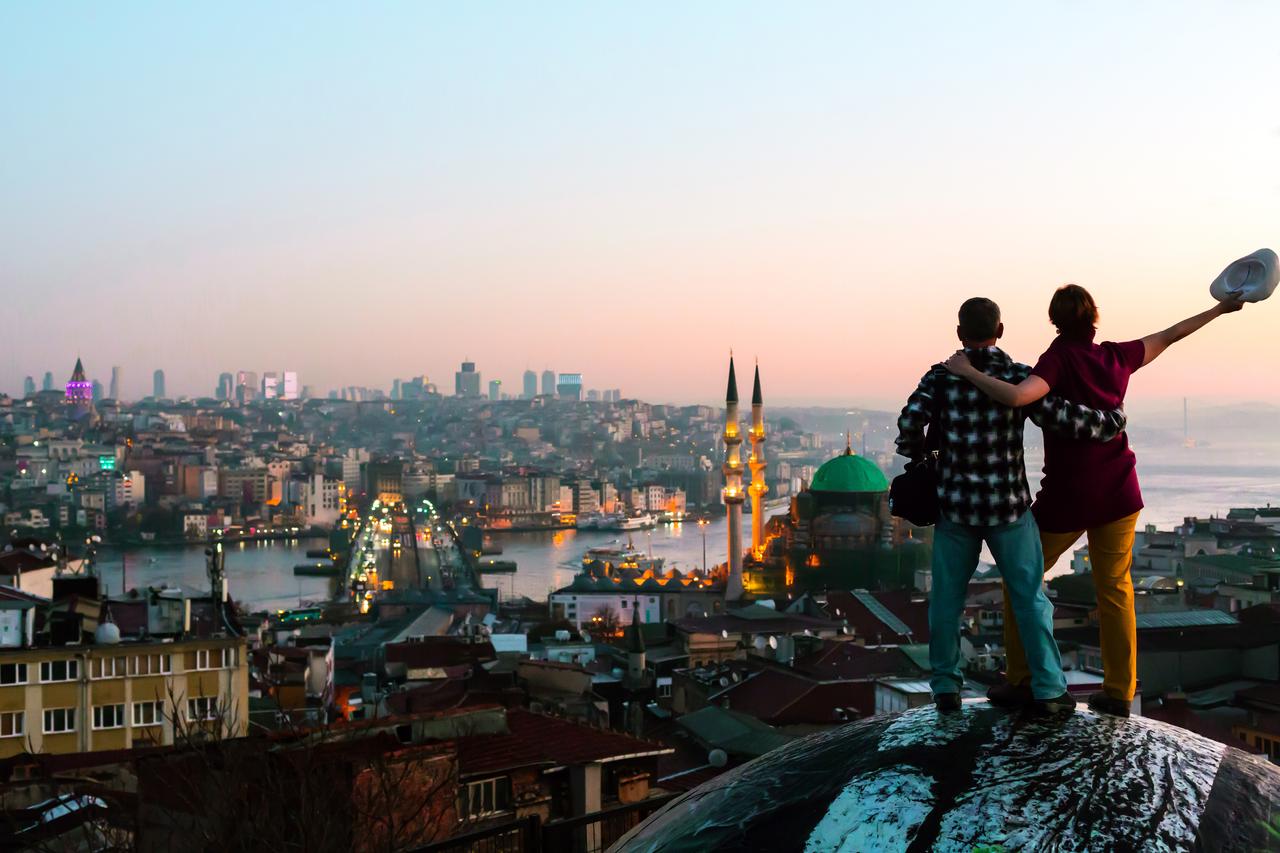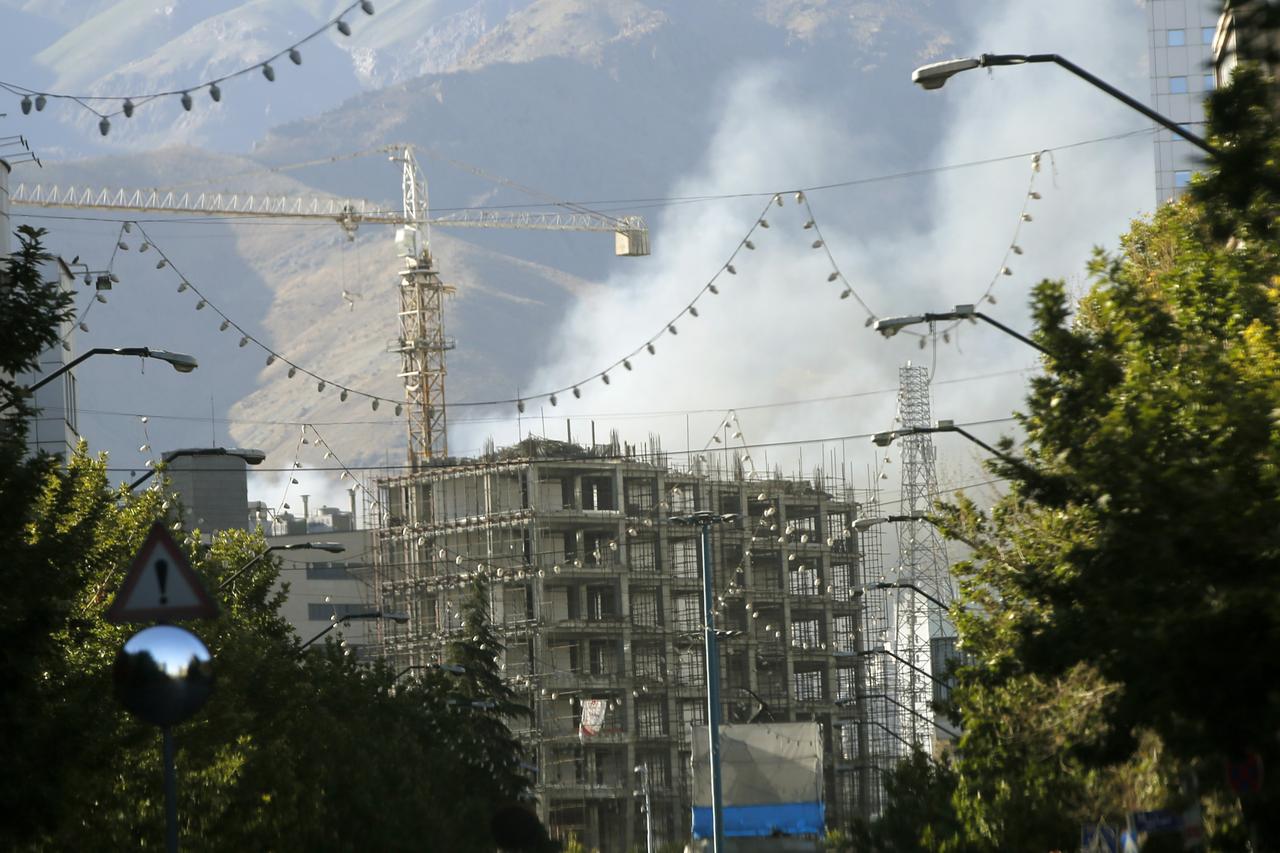
As of June 2025, the landscape for first-time applicants seeking tourist residence permits in Türkiye has grown significantly more restrictive, echoing policy changes originally implemented in early 2023.
Although not codified as new law, the administrative interpretation of Article 32 of the Foreigners and International Protection Law has effectively led to the de facto rejection of nearly 99% of first-time applications—unless supported by compelling exceptions.
The core issue lies in applicants’ inability to demonstrate, with substantiated documentation, that their intent to reside is consistent with lawful tourism purposes.
Immigration authorities are increasingly requiring concrete evidence of both a legitimate travel itinerary and adequate financial means, rather than relying on self-declared written statements. The failure to provide such documents often results in automatic refusal unless the applicant qualifies for a specific exception.
As of February 2024, official statistics report that 1.57 million foreign nationals reside in Türkiye. Detailed 2025 data is now categorized by nationality and is publicly available via the Turkish Statistical Institute (TurkStat).
Under current regulatory practice, tourist residence permits may not exceed six months in duration, regardless of whether the applicant is married to a Turkish citizen or another foreigner legally residing in Türkiye. Even when a spouse sponsors the application, the six-month limit remains in effect. For those seeking longer stays, the applicant must align their permit type with that of the sponsoring spouse, opting for a family residence permit when legally eligible.
It is critical to underscore: applicants entering Türkiye on a tourist visa cannot later pivot to apply for a student permit, work permit, or language course residence without exiting and re-entering under the appropriate visa category. Attempting to do so from within Türkiye typically results in denial, as the intent to stay must align with the visa granted at entry.
In today’s regulatory environment in Türkiye, foreign nationals are no longer granted residence permits simply based on sentimental declarations such as “I love this country and I want to live here.”
Immigration authorities now require applicants to demonstrate that their stated purpose of stay aligns with the type of permit sought, and that this purpose is both lawful and verifiable through concrete documentation.
Accordingly, it is no longer permissible for a foreigner who has entered Türkiye on a tourist visa to subsequently apply for other types of residence permits—such as student residence permits, language course permits for those seeking to study Turkish, or work permits—without first obtaining the appropriate visa type from abroad.
Should such applications nonetheless be submitted from within Türkiye, they will be categorically rejected for failure to comply with entry-to-permit alignment rules. The visa used to enter Türkiye must correspond precisely to the intended purpose of stay.

A noteworthy exception to this framework is the Digital Nomad Visa, which operates under a different administrative regime. Foreign nationals who enter Türkiye under this visa type benefit from a significantly more favorable approval rate, with approximately 95% of initial residence applications being granted, even in the absence of a detailed travel itinerary or financial documentation at the time of application.
It is important to note, however, that these procedures are administrative practices rather than formal legal requirements codified in published regulations. As such, most applications submitted under the Digital Nomad framework are still processed under the umbrella of tourist residence permits. In these cases,Immigration Directorates often accept the declaration of financial means provided during the visa application process as sufficient, particularly in the absence of formalized procedural standards via Turkish consulates abroad.
As of 2025, applicants seeking to extend touristic residence permits—including digital nomads—must comply with tightened financial disclosure requirements. Sponsors are now obligated to provide a certified income statement demonstrating a monthly income equivalent to at least 1.5 times the net minimum wage per adult applicant. As of current figures, this translates to TL 33,156 ($939) per adult. For each accompanying foreign child, the required monthly amount is TL 22,104 ($626).
This income must be transferred from a foreign account under the applicant’s name and deposited into a Turkish bank account for a minimum of three consecutive months. Crucially, the authorities now expect clear documentation of monthly spending activity. Lump-sum withdrawals of the full deposit may raise suspicions, suggesting the funds may not genuinely belong to the applicant or sponsor, but instead be temporarily borrowed to meet the threshold.
For example, in the case of a foreign family of four—two adults and two children—with the father acting as sponsor, a monthly income of TL 110,520 ($3,128) must be verifiably shown. If the applicant declares monthly income sourced abroad, documentation must be apostilled in the home country, translated by a sworn notary translator, and notarized by Turkish authorities.
Alternatively, those unable to show regular deposits may present a Turkish savings account balance of at least TL 1,500,000 ($376,000) for a six-month stay, provided there is no unexplained activity within the account. However, even in this case, it must be apparent that the funds are legitimately and consistently sourced by the applicant or sponsor.
Nationals of Ukraine, Yemen, Palestine, and Lebanon are granted considerable leniency in first-time tourist residence applications. Due to recognized humanitarian conditions, such applicants are not required to provide income statements or detailed travel bookings. Furthermore, individuals from these countries who fled without their passports may be eligible for humanitarian residence permits.
Where the applicant rents an entire residence (i.e., not merely a room or a shared unit), tourist residence permits may be granted as follows:
Conversely, those residing in hostels, hotels, or sublets are generally granted a six-month term, though with a 90% approval rate, given the exemption from income and travel documentation requirements. However, these policies remain discretionary practices—not legally codified regulations—and are subject to change without prior notice. Information on such flexibilities can only be reliably obtained by direct consultation with provincial migration offices.
Despite occasional geopolitical tensions, Iran has not been included among the exempted countries for tourist residence permit leniency. As of this publication, no formal or informal policy exists to that effect, although this may change in the future depending on regional developments.

Rumors regarding Istanbul's permit restrictions
There has been widespread speculation—originating from verbal statements by officials in Mugla—that first-time tourist residence applications will soon be limited to select provinces, namely Mugla, Aydın, and Antalya, effectively excluding Istanbul. However, inquiries with senior staff at the Istanbul Provincial Directorate of Migration Management indicate no official communication or confirmation of such a policy. Until formally announced, these reports should be treated as unverified and not legally binding. Should this situation evolve, we will address it in a future column.
For personalized guidance or to ensure compliance with Türkiye’s rapidly evolving immigration framework, consult a qualified immigration advisor. You may contact Expat Solutions Turkey for further assistance.